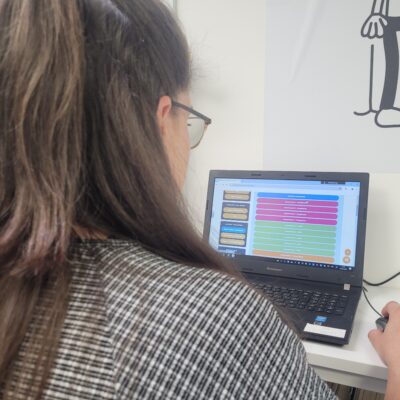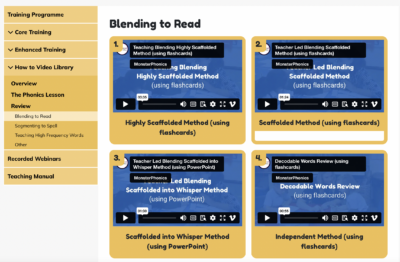We often talk about making a strong start at the beginning of the school year…starting teaching phonics from week 2 in reception, quickly identifying children at risk of falling behind…but what can we do now to make the start of the new academic year run smoothly?
As we know the end of any academic year is always incredibly busy…report writing, sports days, end of year productions, move up days…but it is so important to try to keep the momentum going to set yourself up for a seamless transition and positive start to the next year.
1. Don’t stop teaching phonics and early reading!
As we said the end of the term is always hectic and it can be difficult to keep going, feeling that you simply can’t fit in the usual phonics lessons and group reading sessions. But don’t give up! If you have completed your termly lessons use the time to revise, review and consolidate. Repeated practice is invaluable. We know how children can ‘lose’ learning over the summer break. Get practising and get that learning fully embedded in the children’s long term memory.
2. Ensure your assessments are up to date.
This will help identify any gaps the children may have and give you time to plug these in the last weeks of term. Also, it is so important to provide accurate, up to date information for the new teacher so they can get those interventions started immediately…no time wasted! So, as well as assessment data, don’t forget to also pass up any records from interventions and group reading sessions. All information is valuable.

3. If timetabling and staffing allows provide an opportunity for the new teacher to watch/deliver a phonics lesson and/or a group reading session so they will know where the children are and where to recap learning.

4. Allow time for the Phonics Lead to analyse the end of year data together with the Phonics Screening Check results.
This is vital to plan next steps. Remember successfully passing the PSC is not the end of a child’s phonics journey. ‘Meeting the expected standard of the check does not mean that pupils are now readers … They still need considerable practice in decoding unfamiliar words speedily and reading familiar words ‘at a glance.’ DfE Reading Framework 2023.
5. If you have new teachers joining school or moving year group, get them set up with a login and ensure they complete the core training with assessments from the Online Training Hub. The How to video Library provides you with bite size chunks to support with coaching and mentoring.

6. Plan out your CPD to help build up the level of expertise within school.
Familiarise yourself with the new Online Training Calendar which has a range of information and pedagogical training sessions for the next academic year.
7. Ensure you have everything you need to teach the programme.
Resources, books and not forgetting to perhaps reinvigorate those phonics displays and working walls. Be organised, reflect on the year and make steps to improve!

So let’s make sure that as we move to towards the end of another academic year phonics and early reading continue to be a high priority.
Let’s hit the ground running for another year of fantastic learning!